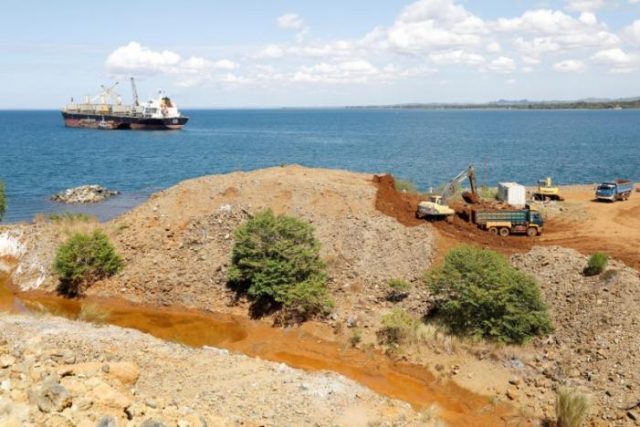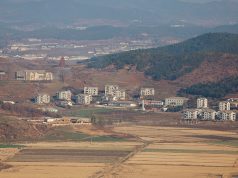MANILA, Philippines — The mining industry says the impact of martial law in Mindanao will be short-lived, and business could even pick up if the island’s peace and order problems are resolved.
Ron Recidoro, vice president for planning and policy of the Chamber of Mines of the Philippines, said the main concern is that “military checkpoints and curfews may affect the hauling and delivery of ore from mine site to any public pier or port.”
Recidoro said miners “have to ship out before onset of rainy season. That’s the pressure there; they have to do it quickly before curfew and in time for rainy season.”
With more than half of the country’s metallic mines located in Mindanao, Recidoro said it was business as usual for now. And while mining stocks have fallen since President Rodrigo Duterte placed the whole of Mindanao under martial law last week, analysts said prices abroad may also have been a factor in this.
In fact, Lexter Azurin, AVP and senior analyst at AB Capital Securities, said he “wouldn’t say (martial law is) the main reason why mining companies have been declining. The main factor is global commodity prices like gold and copper (have) been softening in the past few months …”
He also said the mining sector had experienced more volatility when Gina Lopez was still Environment secretary than under martial law, which he predicted would have no long-term impact on investments.
Butch Alcantara, president of nickel miner Marcventures, agreed. “Some of our people just came from Beijing discussing partnerships on plans to go into processing. There was no indication of reservation, they are fully aware,” he said.
Alcantara added that martial law might even prove to be beneficial because “it gives (Duterte) the ability to resolve (the) problems (of Mindanao) in totality, which is good for business.”
At the moment, mining industry officials said they remain focused on proposing policies that would open the sector to more investments.










